💵 Wads up? Want to pay with cash? You might be directed to a “reverse ATM.” They put your cash on a debit card so you can pay at card-only businesses. It’ll cost you; a man at the newly cashless Yankee Stadium had to pay an extra $3.50 just to buy popcorn, and he was not glovin’ it.
Tired of scam phone calls? Here are the top fake numbers and their associated scams
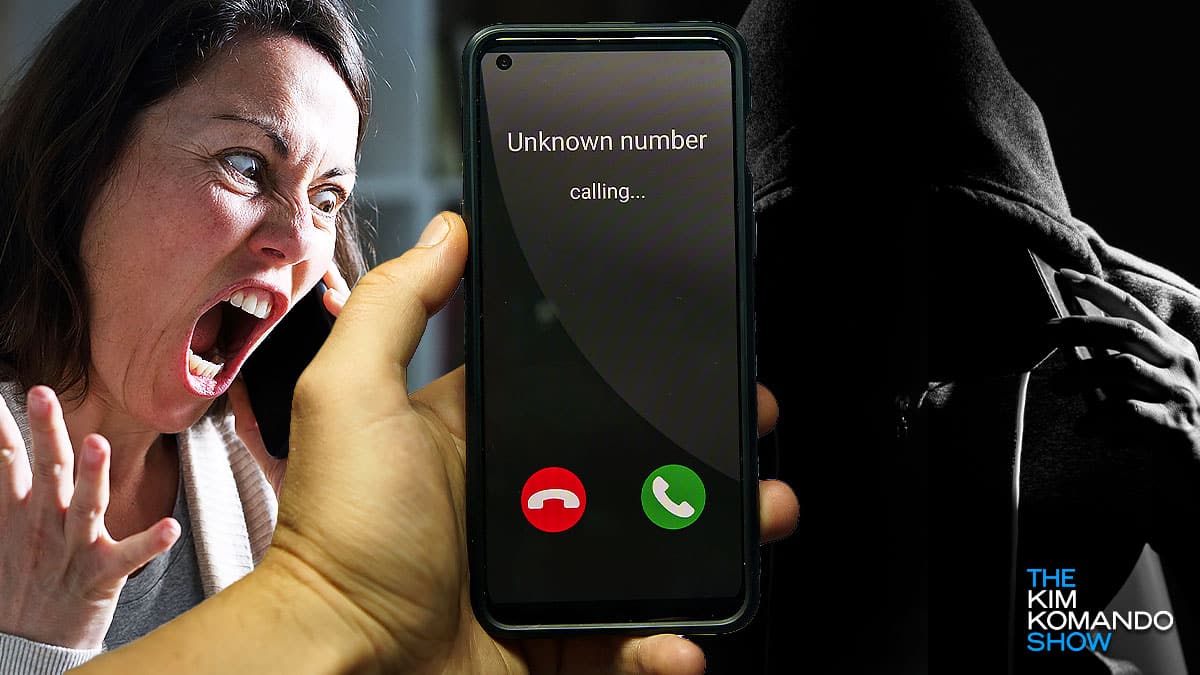
Are there certain numbers you never answer? If I see one that starts with the same few digits as mine, I know it’s likely a scam. That’s one of the tricks they use to get you since you’re most likely to answer if the number is vaguely familiar.
By now, you have a good idea what the scams are: Failed package delivery, you won a prize, there’s trouble with your student loan! But what about the numbers themselves? Here are a dozen you should never answer calls or texts from.
The dirty dozen
“Where’d these come from,” you ask? BeenVerified (a for-pay people search site) has a reverse phone tool you can use to see who is calling. These are the top 12 of 150,000+ numbers run through the tool over the past two years, along with the scam.
- (865) 630-4266: Text claiming your Wells Fargo account was locked.
- (469) 709-7630: A fake failed delivery attempt.
- (805) 637-7243: You won Publisher’s Clearing House! Not. Also used to impersonate the Visa fraud department.
- (858) 605-9622: Your PNC, Chase or Wells Fargo account is on hold. (It’s not.)
- (863) 532-7969: Call to unfreeze your debit card.
- (904) 495-2559: You won a prize! (You didn’t.)
- (312) 339-1227: Track your delivery … or click the link to lose weight.
- (917) 540-7996: In March, someone could have Ghostface from the movie “Scream” call your phone. It was a marketing tactic … and freaked a lot of people out.
- (347) 437-1689: Used for tax scams and a fake Dyson vacuum bill.
- (301) 307-4601: Your package is on hold! (It’s still not.)
- (878) 877-1402: Your card is locked.
- (202) 221-7923: Uh oh, your student loan forgiveness deadline is looming. (Nope.)
Go further: Forward spam texts to the FCC at 7726 (that’s SPAM). For scam calls where you lost money or have info, go to ReportFraud.ftc.gov. For quicker reporting, go to DoNotCall.gov.
Money tight? 10 ways you're wasting cash (even when you think you're saving)
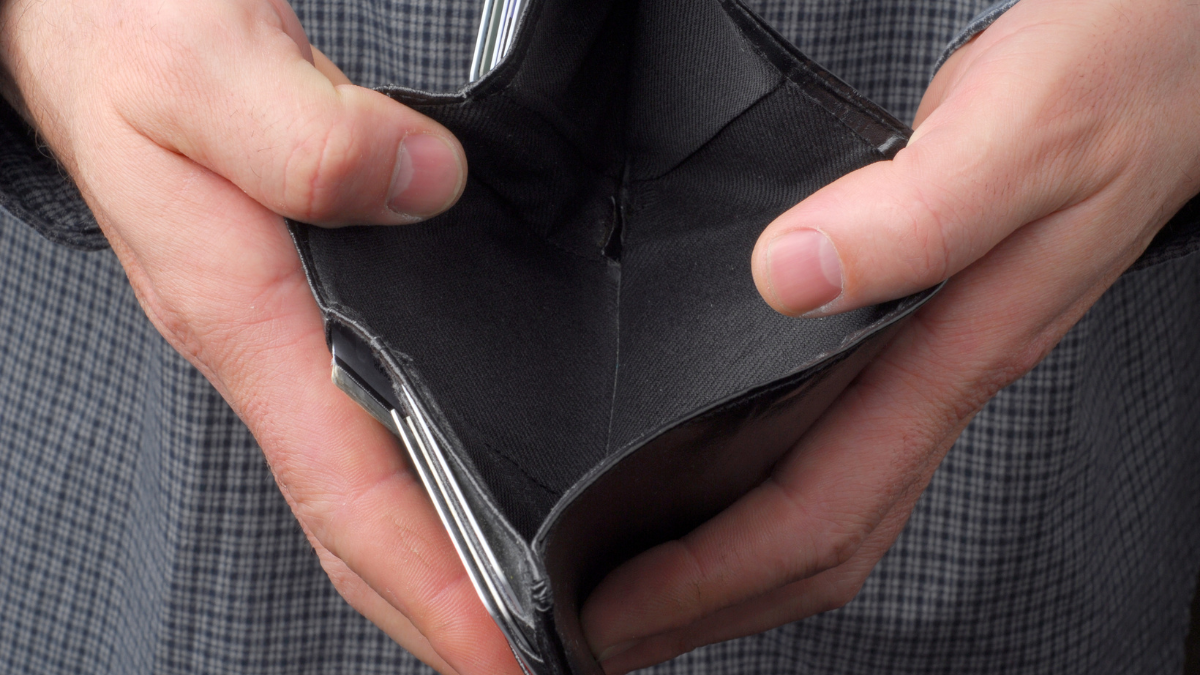
You might think, “There’s no bad way to save money.” In reality, there’s a lot you can do wrong — no matter how good your intentions are. Tap or click here for five ways you’re wasting money on tech purchases.
Looking for free COVID tests? Avoid these fraudulent sites
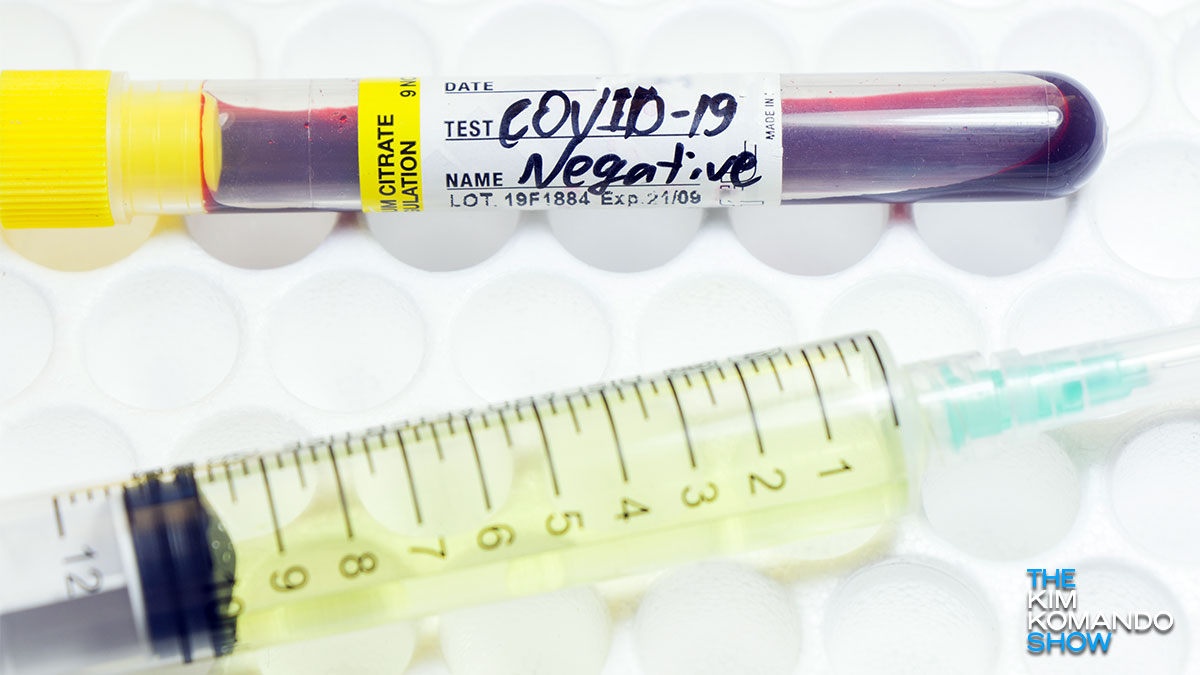
The highly-infectious omicron variant is still rapidly spreading across the country. As a result, millions of people want to know if they are infected and need at-home tests. What are your chances of getting COVID? Tap or click here for a CDC map that charts breakthrough cases.
Delete yourself from this creepy site that collects email addresses, phone numbers and much more
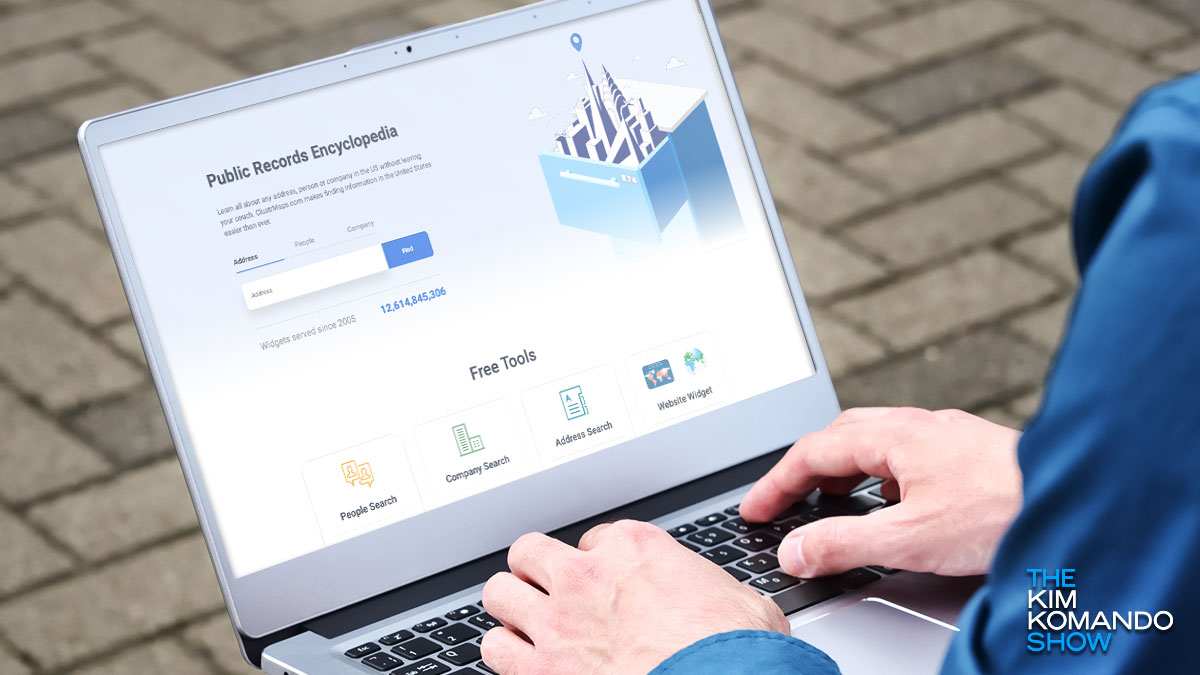
There are many pieces of information that cybercriminals and scammers are after. Your personal information, Social Security number, search history and banking details are all valuable commodities.
By stealing your credit/debit card details, criminals could clean out your financial accounts. But with your private and personal information, they can steal your identity and cause even more damage.
New stimulus checks are on the way - Find out when yours will arrive
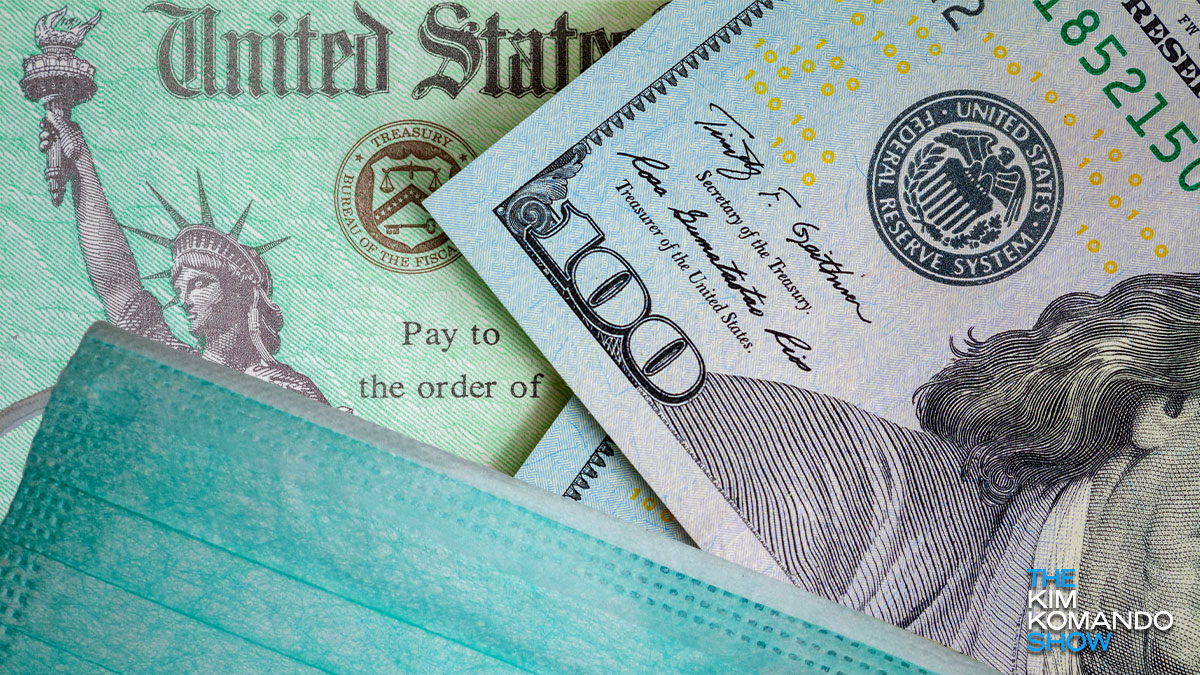
National unemployment rates have been abysmal over the last year. The pandemic has caused significant damage to the job market, with a record-high unemployment rate of 14.7% in April — right as the coronavirus shut down much of the nation’s economy.
Samsung Money vs. Apple Card: Which Big Tech card wins?
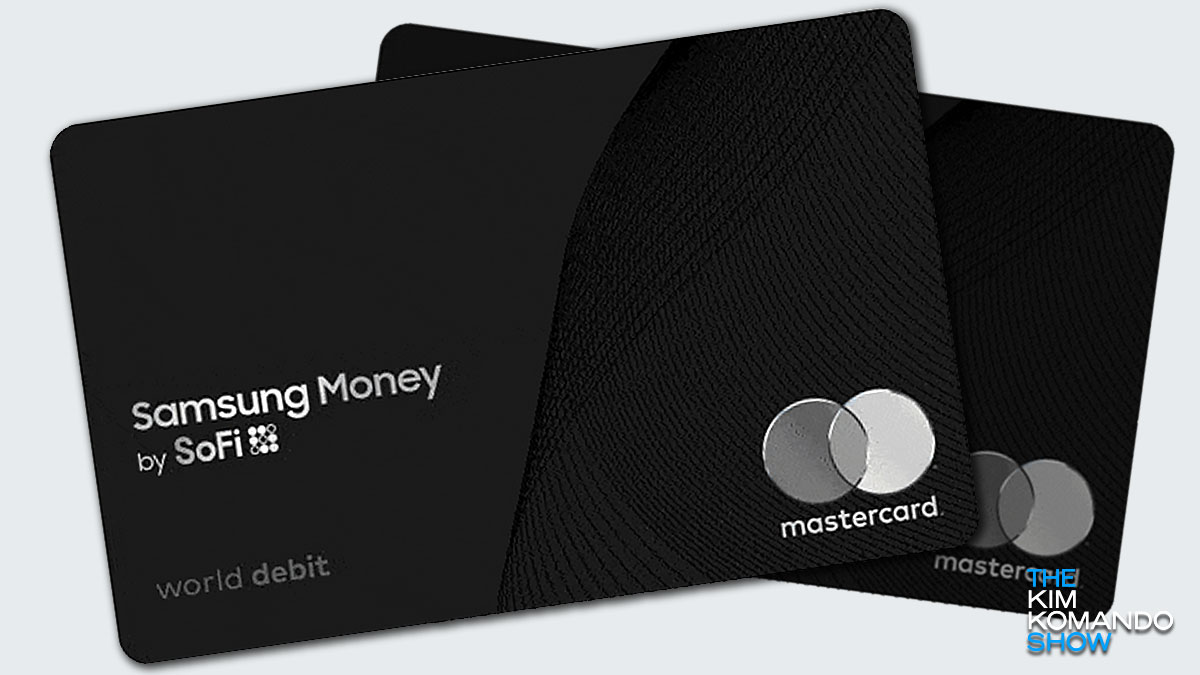
Do you remember the days of swiping your credit card at a store to pay for purchases? It feels like those times are long gone now that COVID-19 has changed the way we live and shop. These days, physical credit cards can be an afterthought — it’s all about digital and contactless payments instead.
